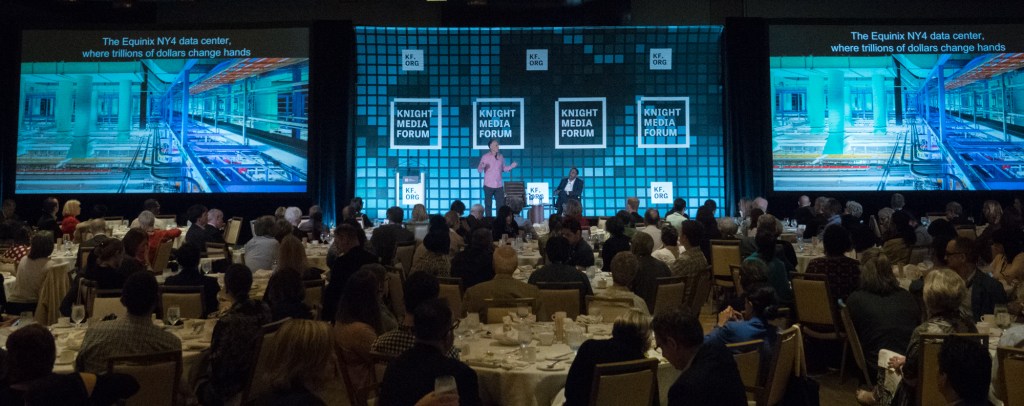
Sustainability: The opportunities for civic tech
Knight Foundation recently issued a report with the Rita Allen Foundation on how civic tech startups are seeking sustainability. Here, Alissa Black, director of investments at Omidyar Network, writes about how the field can advance.
As a practitioner and funder in the civic tech field for over a decade, Knight’s report, Scaling Civic Tech, was a fresh reminder of the challenges facing early stage and growing companies. Civic tech is unique in that the market is still relatively new, and yet as the authors point out “the success of civic tech has never been more urgently needed.” The most recent U.S. Presidential election has highlighted just how divided our country is, and how important public participation is in the success of our democracy. Civic tech has the potential to bring us together for civic action, and elevate our voices in our communities and country.
At Omidyar Network, we fund early stage civic tech startups, both nonprofit and for-profit, that create a significant, positive impact on the world. We believe civic tech has the ability to bring the public’s voice into public decision making, and make government services more equitable, efficient and effective. To date, we’ve invested $126 million in civic tech organizations around the world. As you might imagine we are encouraged by the increasing number of venture and philanthropic investors crowding into the field. Not only do they bring in much-needed capital, the firms also provide valuable new perspectives and networks.
The report highlights debt financing as a way to support bringing on government customers. I think it could be an exciting new approach that funders and entrepreneurs should experiment with more. In our portfolio, government customers often need to show proof of a return on an investment, or process improvements due to civic tech adoption before they can get funding for a subscription or contract. On-ramping government customers via a debt financing fund could reduce the barrier to entry for civic tech companies, while allowing the companies to gain valuable customer insights and build their portfolios.
Like most early stage startups, sales are also a challenge for civic tech companies. The report outlines many of the reasons why. But we should not lose hope. Government is a slow-moving institution. However, we are seeing bright spots at the local and state levels. For example, Code for America recently worked with the State of California to bring GetCalFresh to California residents. Additionally, Next Request, a startup that makes records requests easier for the public and government staffers, continues to grow in cities across the country.
One reason to not lose hope is that government staffers are taking on the challenges of innovation within the bureaucracy. We are seeing an emerging trend toward innovation and change through fellowship programs like Fuse Corps, new municipal innovation and data offices, creative procurement processes, and experimentation with startup in residence programs, like STIR.
I’m hopeful that new, innovative civic tech startups will navigate the challenges of early stages and develop into impactful organizations and companies that power our 21st century government. I will continue to place my bet on civic tech because the success of civic tech has never been more urgently needed.
Alissa Black is director of investments at Omidyar Network.
-
Technology / Article
-
Technology / Article
Recent Content
-
Artsarticle ·
-
Artsarticle ·
-
Community Impactarticle ·




